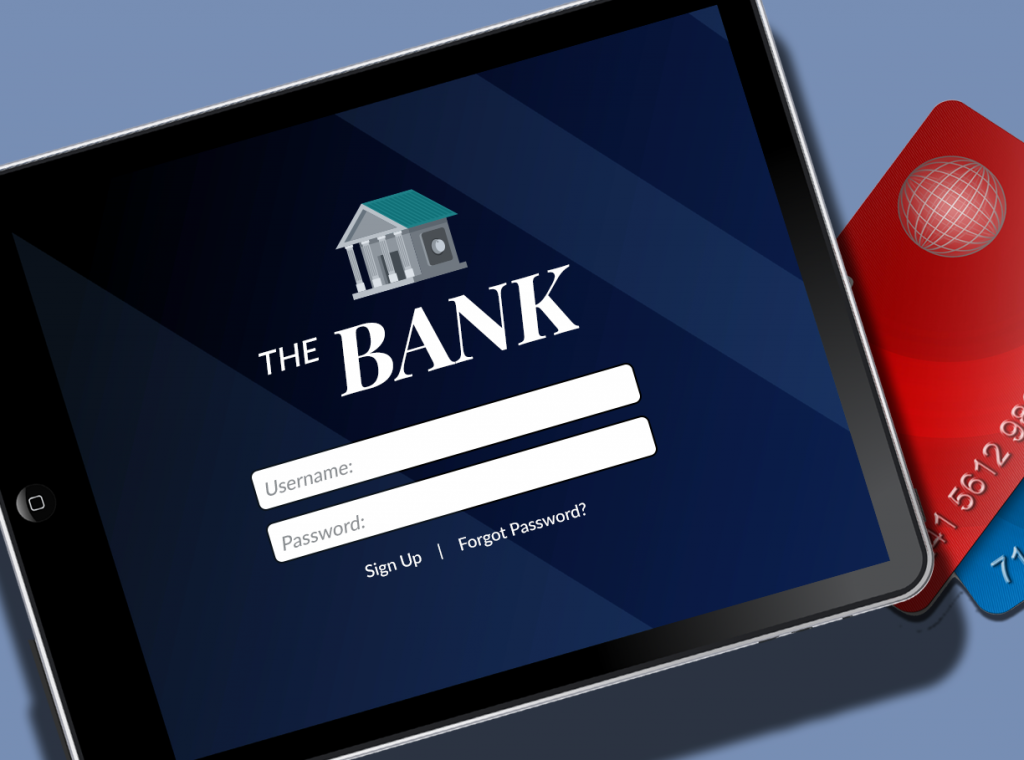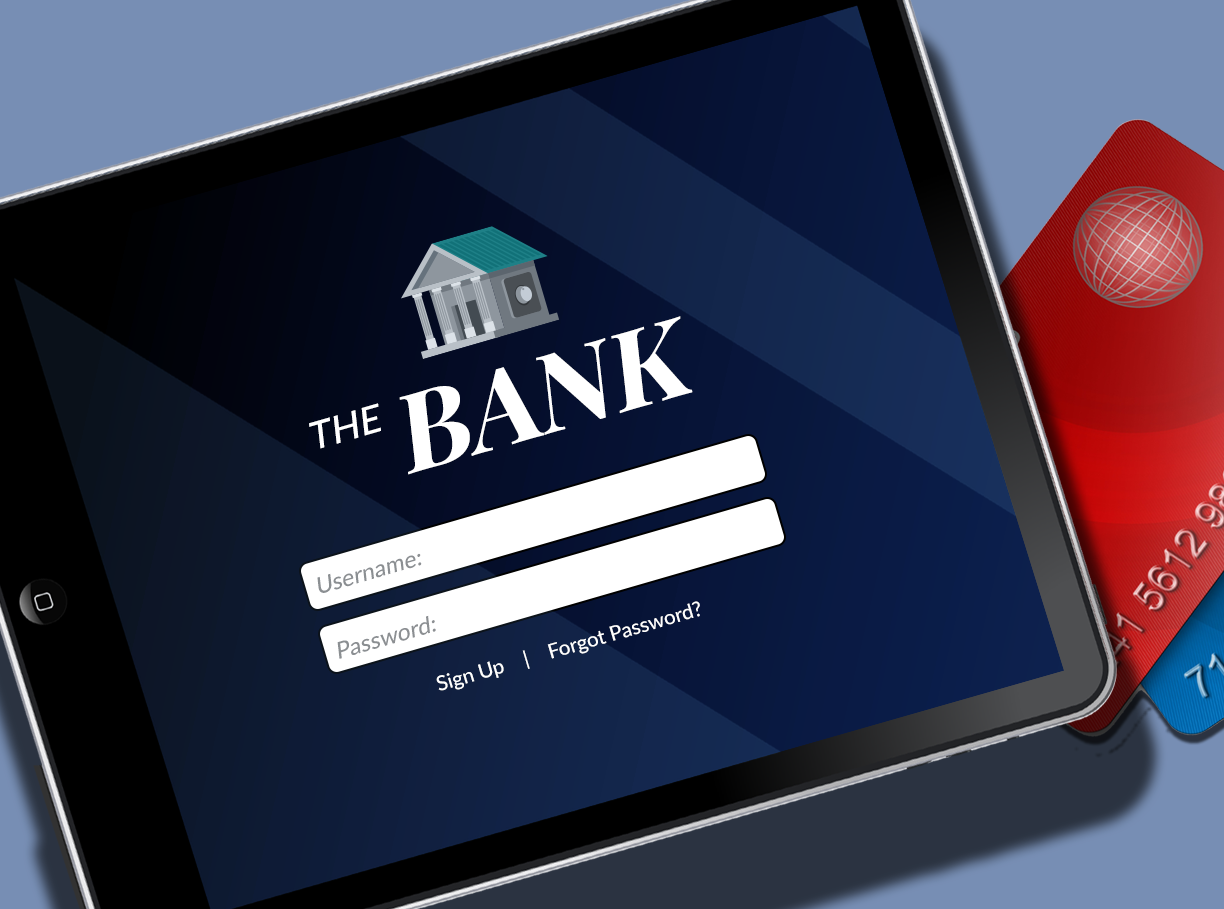
Banks and credit card companies are making it easier for us to get money on the go. We can check account balances, pay bills, and transfer funds online. We no longer even have to go into a bank or visit an ATM to deposit checks. But are you banking online safely?
In the past, all we had to do was protect our PIN number (and remember it). Now, we need a mobile account password, too. The first precaution you can take is to have a strong, unique password. Can you believe that “password,” “123456,” and “letmein” remain common access credentials? Don’t do it! Also, avoid using things that a cyber criminal might guess or be able to learn from your social media. This eliminates anniversaries and birth dates, pets, and children’s names.
Don’t reuse your banking password anywhere else. Sure, if you duplicate the password, it’s easier for you to remember, but, a bad actor could access your credentials for another site. Then, they have that same email and password combo to use to try on your banking or credit card site, too.
It’s also not a good idea to write down your passwords or keep track of them on a note in your phone. If you’re worried about remembering all your passwords, consider a password manager. A high-quality password manager can be a safe way to keep your passwords secret yet available. Top password managers use secure encryption for your access credentials.
Make sure you’re only banking using your own, secured devices. This means don’t check your balance or whether a payment cleared while in line at the coffee shop or in the airport. Don’t risk banking using a public Wi-Fi network that a hacker could be accessing to steal sensitive data. You also want to avoid using shared computers to login to your financial data. A cybercafe or library computer could have a keylogger that tracks your login details for criminal use.
Watch out for phishing emails that look like they come from your bank, credit card company, or a tax agency. Criminals send urgent emails warning of strange activity or that you’re being audited to get you to react.
Don’t click on any link or download any attachments in an email that appears to be from a financial institution – they don’t send private data directly in emails these days. They will send you to a secure inbox on their site. Always type the institutions’ Web address into the address bar. Otherwise, you might go to a fake, mirrored site that looks legitimate but will rip you off.
Added security for online banking
Two-factor authentication can help protect your financial accounts. Various banks will set it up differently, but you should definitely take the time to set this up. You might have to identify an image you selected besides using your password. Or you might need to enter a code sent to another device (such as a text message to your phone).
The second level of authentication can be an annoyance in our convenience-first society. Still, it keeps your accounts secure, even if cyber criminals access your password.
You work hard for your money, and you don’t want a cyber criminal taking control of or emptying out your financial accounts.
Worried about securing your online activity at home or on mobile devices? We can help. Contact us today at 931-542-9327 for expert support securing your financial data.

